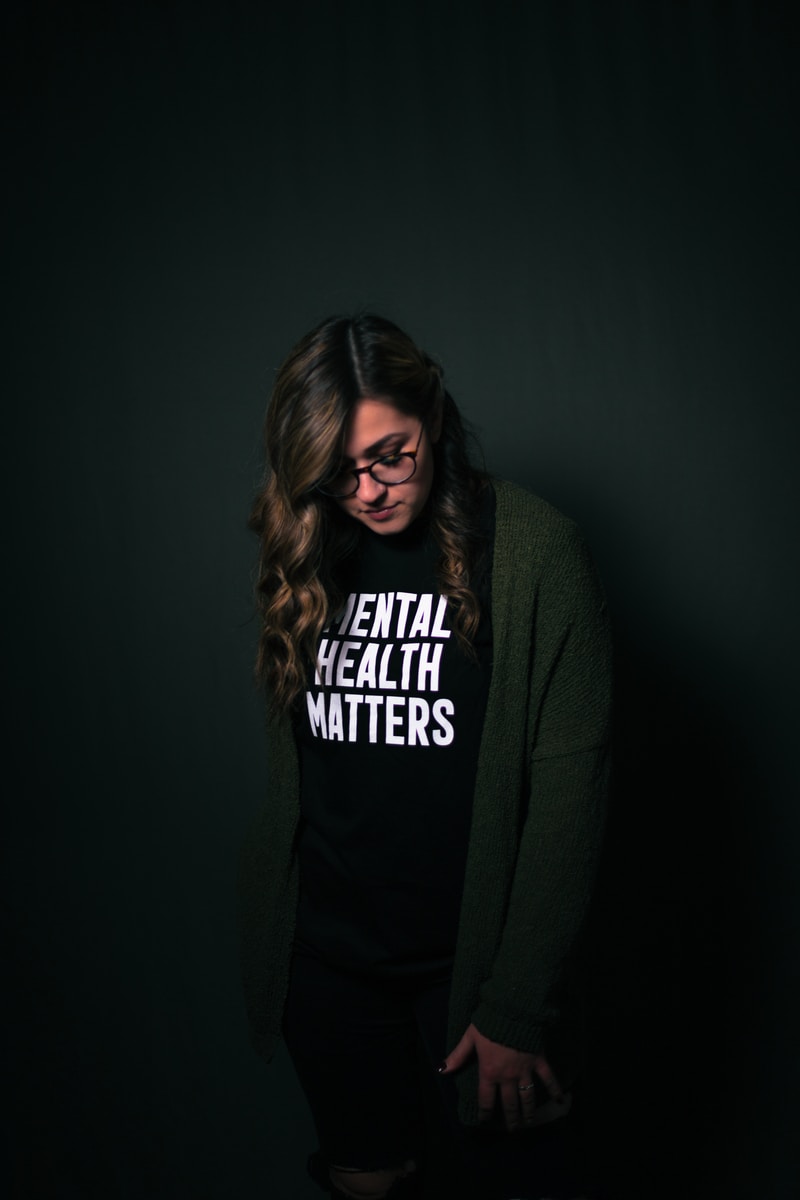***Opinion Feature***
World Mental Health Day, October 10, is just around the corner and holds personal meaning this year.
By Lynda Rozell
(Washington, D.C.) Friday, October 8, 2021 — Journeys with a Tin Can Pilgrimauthor Lynda Rozell travels with faith as a full-time nomad in her Airstream RV. Her book about healing on the road topped the best-selling ratings, Journeys with a Tin Can Pilgrim, which topped the best-selling ratings on Amazon in #4 Business Travel Reference, #6 Travel Tips, and #9 Solo Travel.
Rozell outlines her featured opinion article which is featured in her book, Journeys with a Tin Can Pilgrim, speaking to the upcoming observation of World Mental Health Day on Sunday, October 10, 2021. Her personal story featured here in this opinion article speaks and mirrors the most recent numbers cited by the Centers for Disease Control exhibiting a thirteen percent increase in mental health impacts because of the pandemic.
I had to make a list to know that I had brushed my teeth, washed my face, put on deodorant. Simple tasks like making a meal or writing a letter took forever and exhausted me. What I lived through two decades ago resonates today.
World Mental Health Day, October 10, is just around the corner and holds particular meaning this year. After eighteen months of the global pandemic, its mental health impact cannot be understated. Certainly, COVID-19 afflicts some directly with neurological impairment, but the measures to combat the disease affect more broadly the mental health of many.
What are the impacts on individuals and societies of not seeing faces? Not communicating with smiles or frowns, not recognizing our neighbors and friends behind masks?
How about the lockdown last year or being quarantined when exposed? And, children – from middle school through college age – poignantly expressing the fear that they might be responsible for the deaths of their grandparents or parents?
Rates of anxiety and depression, even PTSD, have skyrocketed in this climate. Yet, we can still find peace and healing even in the midst of a world that seems ruled by fear.
We can find comfort in knowing that we are not alone when we suffer from deep sorrow. Jesus wept, as the shortest verse in the Bible states. John 11: 35. He experienced and experiences with us even now the sorrow of loss, despite knowing that the dead will be raised. Also, in the garden of Gethsemane, He felt all the impact of separation from God, feeling “sorrowful even unto death” (Matthew 36:38) The physician Luke reports this sorrow caused Jesus to sweat blood. Luke 22:44. This hematohidrosis that afflicted Jesusis an actual albeit rare medical phenomenon when under extreme stress. Our anxieties and fears impact our physical state, just as Jesus experienced. As fully human and fully God, Jesus knows our pain, our fears, our traumas. Even when we can’t feel His presence, He is here for us, loving us in our sorrow, being present in our suffering.
We can take our suffering and give it to Him. He bore it all for us and carries us through it. Like the famous footsteps prayer, at the hardest time it may seem that only one set of feet is walking through the valley of death and we may wonder where He is. But that is the time when He is carrying us. The footprints left are His alone because we are in His arms.
Laying our pain and sorrow at the foot of the Cross, joining it with that of Christ, has another aspect too. We can offer it as a means of redemption and healing for others. God can use our suffering as a prayer for the good of other souls when we have that intention. Jesus’ sacrifice redeemed all suffering and invested it with meaning. Thanks to Him, our suffering when offered to God and joined with Jesus’ sacrifice becomes a way to lead others to Heaven. Christ’s suffering opened the doors of Heaven to humanity; our suffering can help others through those doors.
God also uses others to help us. Counseling, cognitive-behavioral training, nutrition, exercise and medication are all ways in which practitioners of the healing arts can help those who suffer mental illness. We don’t need special training or skills to help. We can be part of the healing process by reaching out, by telephoning or Skyping, by talking with those He puts in our lives, by loving them and being present to them in their sorrow.
Indeed, being present with someone in their suffering and reminding them that God too is there is a great gift.
In “Journeys with a Tin Can Pilgrim” I share my descent into mental illness and how God helped me heal to be the person I am now. He filled the emptiness that left me feeling abandoned and anxious and too sad to function in my career and as a mother. I write about my own experience to challenge the false stigma that mental illness is a moral failing or a form of laziness that refuses to try harder to “snap out of it.” There is no more shame in emotional distress than there is shame in having a broken ankle or diabetes. Even bright and resourceful people who seem to have it all together often suffer in silence, wearing masks of smiles and forced cheer. I write to reassure those who hide their pain in plain sight that they are not alone and should not be ashamed of being ill or seeking help.
Ask for the gift of faith in the darkness. Praise Him even when you don’t feel like it. He never rejects us even when we flee from him. Instead, He welcomes us home when we try to turn toward Him. In retrospect, the darkest times of my life led to the serenity and joy I now possess. God used my suffering to help me and others. I know it has meaning. The peace of surrendering to Him and the joy of living in His Presence in trust is worth everything.
My book describes this message of hope and how to communicate it to the people you encounter. I pray that readers – whether they plan to live in an RV or not – will find my story helpful in their own journeys. Finding peace in the storm is necessary to alleviate the fear, sorrow, and uncertainty intensified by the global pandemic.




